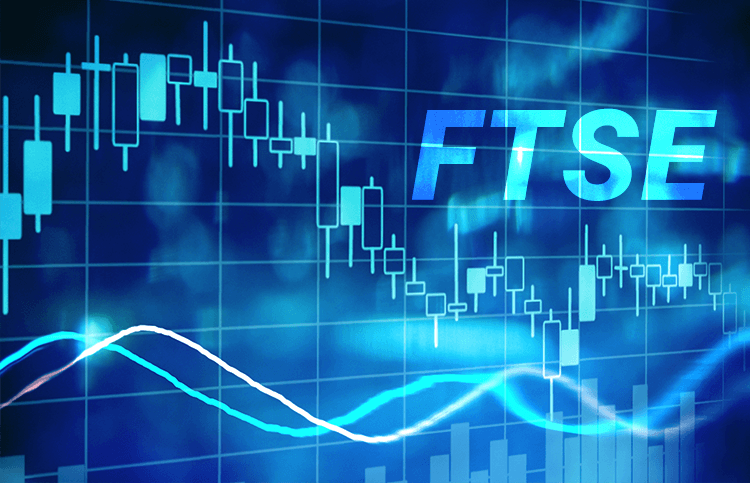What Moves the FTSE100?
The FTSE100 (UK100) is compiled of the 100 largest companies on the London Stock Exchange.
The number of points that indicate the value of the FTSE100 are compiled by measuring the values of the London Stock Exchange's largest 100 companies. These companies’ share values are weighted and calculated to give traders an accurate snapshot of the index.
What are the top FTSE100 companies?
FTSE100 companies are chosen based on their Free Float-Adjusted Market Capitalization, which represents the total value of their openly traded shares.
If a company has shares that are intended for board members or other individuals and are not traded publicly, they do not count towards this valuation. The largest companies on the FTSE100 are:
- Astrazeneca (AZN-L) - An international pharmaceutical company.
- GSK (GlaxoSmithKline) (GSK-L) - An international pharmaceutical company.
- British American Tobacco (BATS-L) - The world’s largest international tobacco group.
- Rio Tinto (RIO-L) - A global mining company.
- HSBC (HSBA-L) - An international bank.
- Diageo (DGE-L) - Producer of beer and spirits.
- Unilever (ULVR-L) - A consumer goods conglomerate producing food, hygienic goods, and other consumer products.
- Reckitt Benckiser Group (RB-L) - A Consumer goods producer.
- BP (British Petroleum) (BP-L) - An international energy company.
* Largest companies as of September 2020

What moves the FTSE100’s price?
The collective value of these companies affects the value of the FTSE100 on a daily basis.
For example, while Astrazeneca may have the largest market capitalization, it is weighted to keep its influence proportional. This ensures that one company cannot dominate the composite and the other 99 companies still hold influence on the listing’s valuation.
At the end of each day, the prices of these companies are calculated and placed into the determined formula, showing the overall movement of these top 100 companies. While some of the listed company’s share prices may have soared during that day’s trading sessions, others may have fallen. They are all calculated at the end of the day to see if the index has collectively risen or fallen during said trading day.
This helps traders better evaluate the index’s movements and volatility over a day, week, month, or even years.
How do companies get onto the FTSE 100?
Board members of the London Stock Exchange Group, whose offerings include the FTSE 100, 250, and others, meet quarterly to review company standings and market valuations.
In order to qualify to be added on to this prestigious listing, companies are required to have a market capitalization that would place them as the 90th company or better. If they reach this mark, they will be automatically added to the composite.
In order to keep consistency and continuity, a company will not be automatically removed until they reach the equivalent of the 111th position. If this happens, they will be placed on the FTSE250 (LSEG’s largest 250 companies) listing assuming they have enough of a market capitalization to justify the placement.
For example, Company A’s value puts it in the 110th position on the listing. At the same time, Company B’s value has grown from not being on the composite to having a value that qualifies it for the 90th position.
During the LSEG’s quarterly evaluation meeting, they will decide to add Company B to the FTSE100, effectively bumping Company A down to the 111th position, giving it a nice placement on the FTSE250, but removing it from the FTSE100.
The FTSE100’s movements are a reflection of the day’s trading activity amongst its largest 100 companies. This number, which changes daily, keeps some traders on their toes as the index can still rise, even if some of it’s companies fall (and vice versa) as a result of how it is weighted.
How does Brexit affect the FTSE100?
The outcome of Brexit relied on the ability of the UK and EU governments to come to an agreement on taxes, trade, and a variety of other agreements. These agreements would allow for the UK to take back a higher level of independence while continuing to trade freely with Continental Europe.
While these economic zones will still be free to trade between each other, government policies are not all clear. How will electronic safety be monitored? What will the tax rates be? And most importantly, can companies retain their foreign workers who once were able to work in the UK because of their European Union citizenship?
These are only a few questions that traders need to consider but the biggest factor of Brexit is it’s inherent instability due to a lack of inter-governmental agreement.
